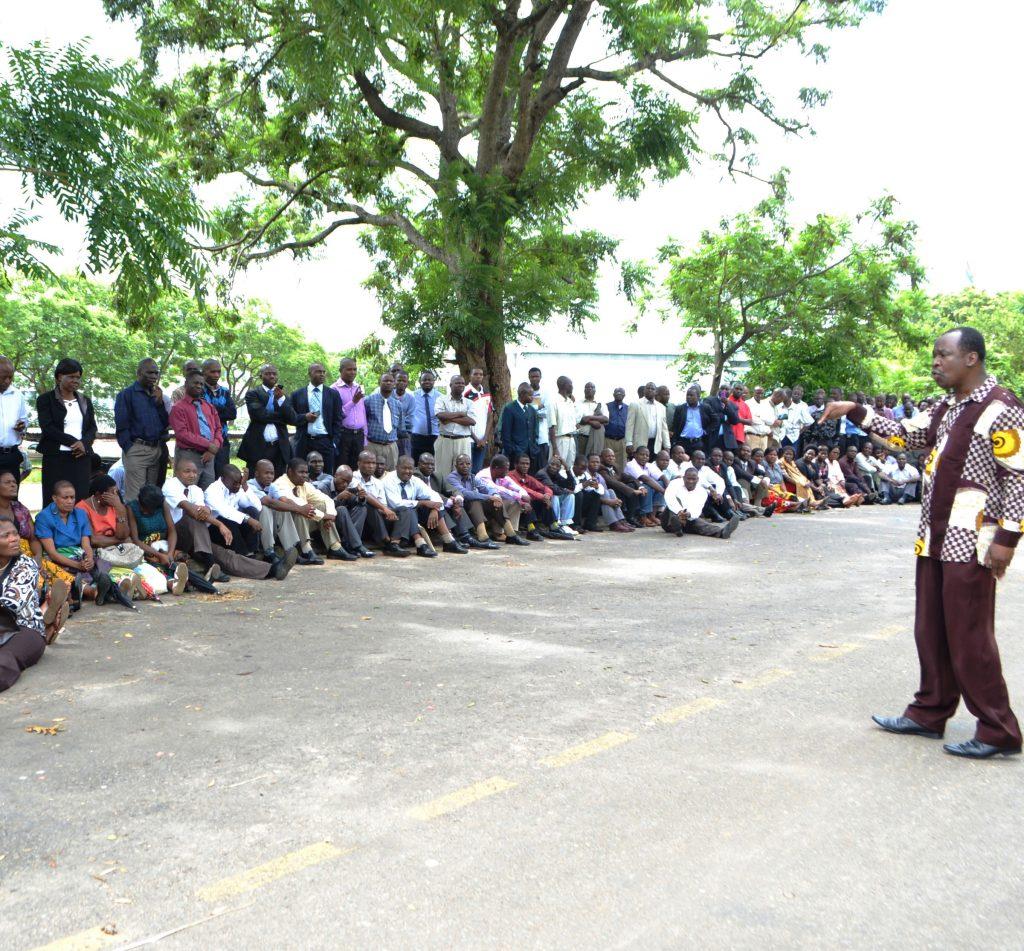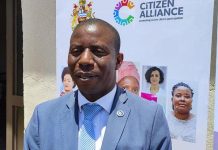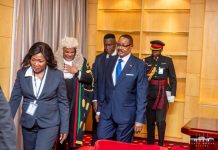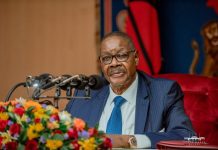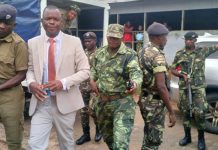Africa-Press – Malawi. During the late 1960s and 1970s, teachers, nurses and civil servants in general had disposable income that enabled them to buy garments and other goods from the Republic of South Africa and the United Kingdom through Mail Order houses.
Although their wages and salaries were low, they lived in institutional houses that offered accommodation free-of-charge. Students were given concession tickets and patients that were discharged from hospitals were issued with warrants, with the former paying half fares and the latter travelling on buses without paying anything.
During the same period, Malawi was performing well economically, to the effect that it used to receive approving remarks from international development partners. We had a leader who had vision and did not tolerate mediocrity and corrupt practices in the Civil Service and statutory corporations. There was productivity, efficiency and accountability in the government machinery.
Consumption spirit haunting
Malawi Electoral Commission (Mec) Chairperson Chifundo Kachale announcement on Thursday, October 28, on the resolution to increase the number of constituencies currently at 193 to 228 reminded me of the former ruling party United Democratic Front’s political decision to create additional districts on the pretext that they would be developed.
This was basically political rhetoric because there are no tangible developments taking place in the new districts of Neno, Balaka and Likoma distircts.
The chairperson indicated that the constituency re-demarcation exercise “was necessitated by geographical features and land size, among other factors”. What is so special about this exercise, when we have districts such as Chitipa, Rumphi, Mzimba, Lilongwe, Dowa, Ntchisi, Dedza, Mwanza, Blantyre, Mulanje and Thyolo, among others, with difficult terrain and different land sizes and, yet, district commissioners who co-ordinate activities of government ministries and non-governmental organisations travel extensively, in addition to attending scheduled meetings and yet they have not recommended re-demarcation.
Is it because the request has come from members of Parliament? Mec was undertaking its constitutional right. However, when making a final decision, Mec must look at the economic side; that is, the financial implication. Two hundred and twenty-eight constituencies is too big a number for a small country like Malawi, a country that has a fragile economy.
This translates into 228 MPs and 456 ward councillors. Was the Treasury consulted? We have a very weak economy that depends on agricultural production and is characterised by primitive technology and techniques. The Affordable Inputs Programme aims primarily at achieving food security at household level instead of food for the export market.
It is said that democracy is expensive but we should not embrace it blindly. Democracy retards economic development when it is populist and inclined to pander to people’s base desires. Because of the desire to enhance popularity, government officials might be forced to divert funds from investment to consumption; that is, paying huge salaries to MPs, councillors, traditional leaders, among others.
Only an uncaring government can do this; spending money extravagantly. I would propose reducing the number of constituencies and traditional leaders so that money saved can be used for the provision of scholarships or bursaries to bright but needy students. These should be competed for at constituency level in order to create a cadre of educated people able to participate in national development endeavours.
Input from intellectuals
Universities are established to generate knowledge that would offer solutions to national problems. Mec could have engaged experts from departments of economics from public and private universities for discussions and submit to Parliament recommendations on merits and demerits in maintaining, reducing or establishing additional constituencies.
Parliament would have to, in turn, make a final determination based on facts. Consultations with traditional leaders, politicians and civil society organisation leaders and other stakeholders were not enough because of vested interests and low levels of functional literacy among most of these people.
History teaches us about the past, which serves as a guide in our decision-making processes. Bhawan, Pustak Sharda (2005- 119) in his book Economic Development of Developed Countries, says: “Devotion and dedication towards own nation is a must and pre-condition for the utmost progress of any nation”.
President Lazarus Chakwera’s Super HI5 reminds people of Unity, Loyalty, Obedience and Discipline cornerstones of the pre-1994 period. Likewise, to meet goals of ‘Vision 2063’, Malawians should work much harder for economic independence at family, community and national levels.
This is the reason the President has been appealing to all Malawians about frugality, which entails spending wisely. Financial prudence in the public sector, which includes statutory corporations, is key to infrastructure and social development.
The role of the government is to build roads and bridges, provide utilities such as electricity and water, and ensure that social services in the areas of education, health, defence and internal security are provided in time. We should make decisions that ensure economic growth.
Listening to Chakwera’s speeches, like those of Kamuzu Banda, carry messages of hope. And, at regional and international levels, he has attracted the attention of prominent people, politicians inclusive, when talking about shared prosperity through genuine trade, respect for human dignity across the globe regardless of race, religion and the developed world to stop treating Africans as underdogs and unflinching support to the African Union agenda.
Great speeches come from great minds. The recommendation by Mec runs contrary to one of Chakwera’s philosophies, namely that of frugality – “to cut one’s coat according to one’s cloth”. He does not believe in shared poverty but prospering together.
Realism
Chakwera, who has shown high commitment to development, is patriotic, hard-working and focused. And when he is supported by all Malawians, regardless of party affiliation, he might transform Malawi from economic stagnation to prosperity.
Approving the Mec recommendation may derail his transformation agenda of taking Malawi to a middle income status by 2063. There is no empirical evidence to support the claim that MPs develop constituencies.
Major development projects and investments taking place in all the three regions now might have been requested by MPs during previous governments but implementation of development policies is the preserve of the Central Government.
Whether Northern, Central and Southern regions have 33, 73, 87 constituencies, respectively, or the proposed 37, 93 or 98, is of no immediate significance in the President’s national development agenda except for the bloated budget.
An increase in the number of constituencies will force the government to introduce new or raise taxes, a huge burden to the already overtaxed Malawians. Traditionally, we do not talk about death, but this is a reality of life.
The more the number of MPs and councillors we have, the greater the probability of Mec conducting unplanned by-elections due to cases of death. When this eventuality arises, Mec will submit to the Treasury an extra-budgetary allocation for holding elections funding.
This development will have serious economic implications on Malawi. Treasury will be forced to divert money from already approved activity-based budgets from other ministries, notably health, education, among others.
Our insatiable appetite for consumption, in this case the creation of more constituencies, must be discouraged. We must, instead, encourage Malawians to embrace a saving culture.
For More News And Analysis About Malawi Follow Africa-Press

